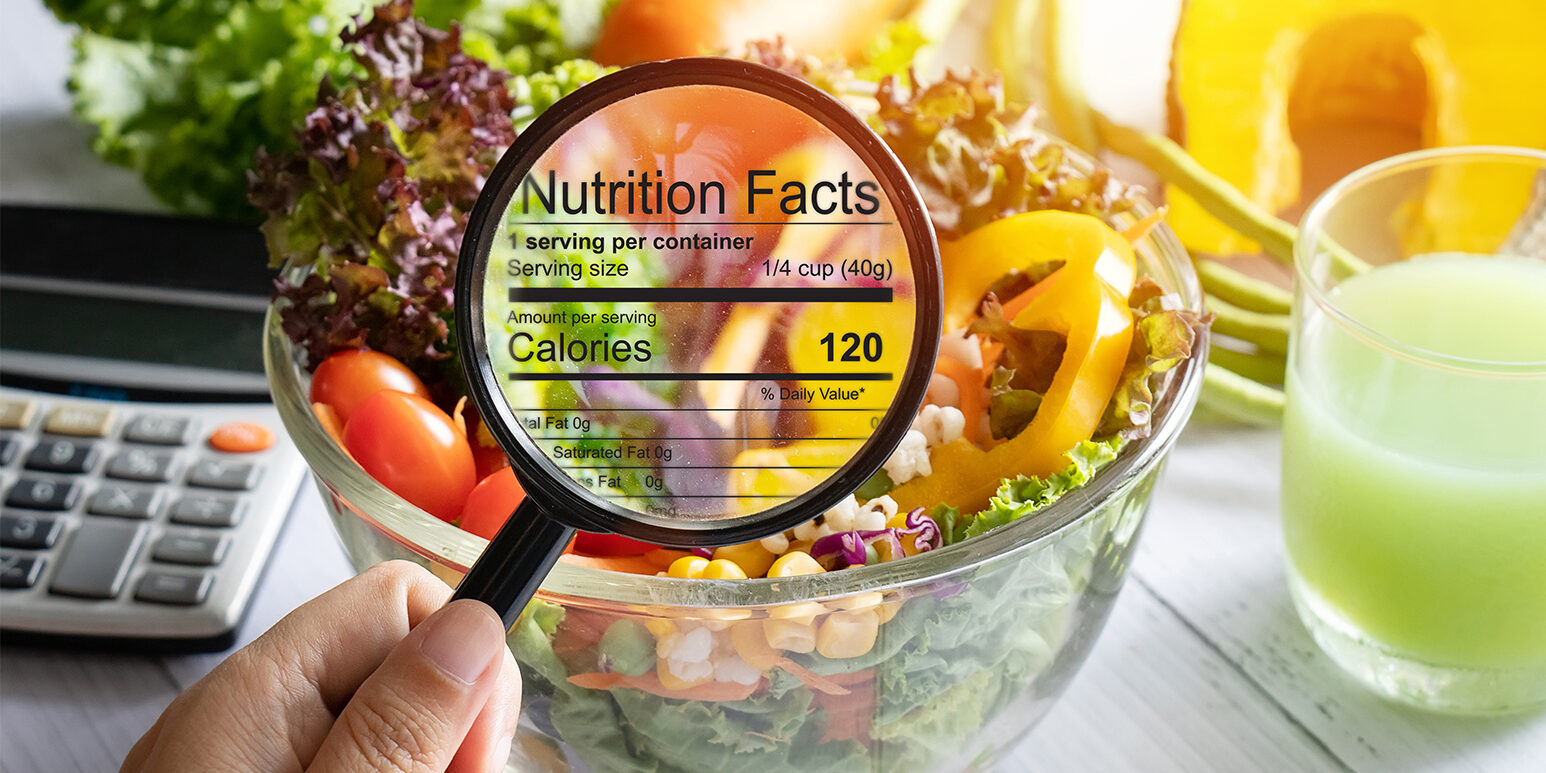By Daphne Baldwin Kornrich, MS, RD, CDN
We try to make the best decisions when we go to the food store, but it’s so difficult with all the different healthy claims on products – “No GMO,” “Zero Trans Fats,” “All Natural”…the list goes on and on.
Advertisers are very shrewd when it comes to advertising and packaging their food products because they know that many consumers spend more money choosing what they perceive as “healthier foods.”
The Nutrition Labeling and Education Act of 1990 (NLEA), the Food and Drug Administration (FDA) and the United States Department of Agriculture (USDA) have stringent regulations to define what terms can be used with respect to health claims.
- Health claims characterize the relationship between a substance in a food and the relationship to a disease or a health related condition.
- Health claims are closely regulated by the FDA and can only appear on food labels if they are supported by significant scientific evidence and agreement by qualified experts that the claim is true.
- The claim must stipulate that it “may” or “might” reduce the risk of a certain health issue when discussing food – disease relationship and also include factors that also play a role in disease prevention. For example, a health claim can say “as part of a healthy diet, the soluble fiber in oatmeal can help reduce cholesterol levels.”
The Dietary Supplement Health and Education Act of 1994 (DSHEA) established some regulatory requirements for using structure/function claims (i.e. “calcium builds strong bones”).
The Nutrition Facts panel, for example, has been required since 1994 and is closely regulated by the FDA.
Unfortunately, while health claims are closely regulated, many claims on a food product are not and can also be very misleading.
What can you do?
- Look at the food facts label and the ingredient list to find the most factual information. Both are regulated by the FDA.
- Keep health claims in perspective and be suspicious of claims that do not mention a health specific condition and use words such as supports or enhances, which are not regulated by the FDA.
- Note that food labels that advertise 100% natural can also contain lots of sugar, fat and salt which are all natural ingredients.
- Remember there is no magic bullet for eating healthy…choose whole foods whenever possible. Whole foods are by definition processed or refined as little as possible and are free from additives or other artificial substances.
Reference: https://www.fda.gov/Food/IngredientsPackagingLabeling/LabelingNutrition/ucm111447.htm
Daphne Baldwin Kornrich has been a Registered Dietitian Nutritionist for the past 30 years, working in a wide variety of clinical and outpatient settings. Daphne currently specializes in Bariatrics and Weight Management.

